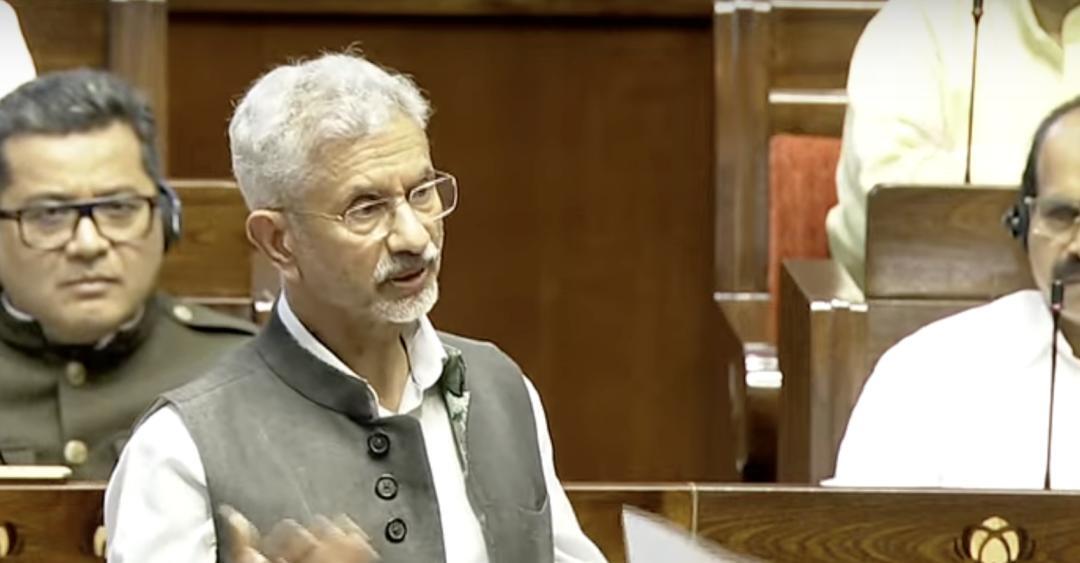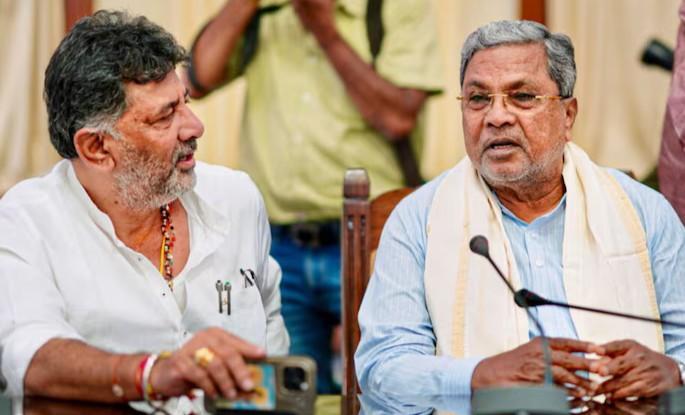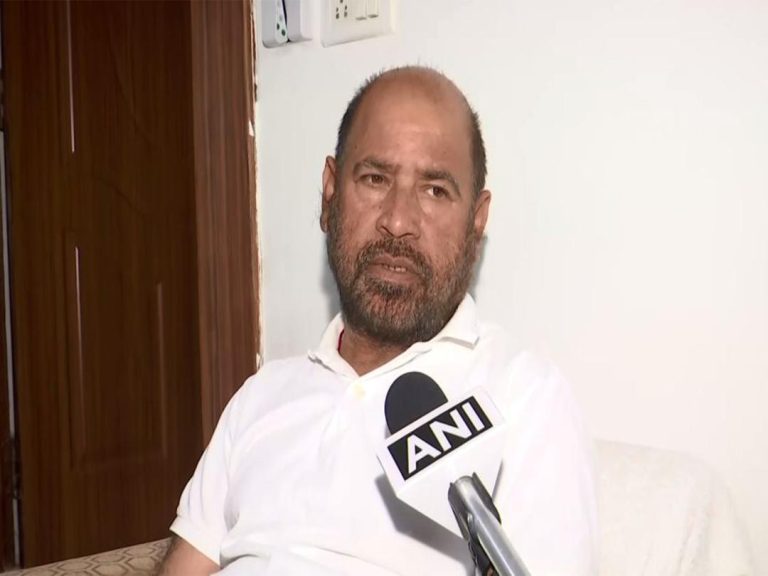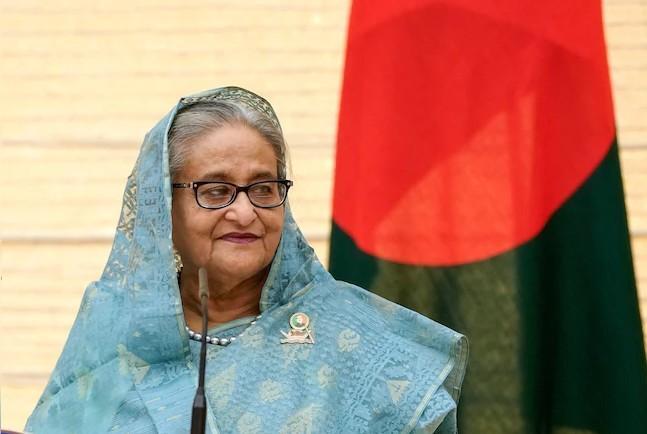
Title: We did a global service by destroying Bahawalpur & Muridke: EAM
In a bold and unapologetic statement, External Affairs Minister (EAM) S Jaishankar recently said that India did a “global service” by reducing Bahawalpur and Muridke, two of the nine Pakistani terror camps, to dust. These camps were destroyed during Operation Sindoor on May 7, which aimed to disrupt the Pakistan-based terror infrastructure. Jaishankar’s statement has sent shockwaves across the globe, with many questioning the morality and implications of such a statement.
For decades, Bahawalpur and Muridke were considered the biggest centers of terrorism globally. These camps were notorious for hosting and training terrorists from various organizations, including Lashkar-e-Taiba, Jaish-e-Mohammed, and Hizbul Mujahideen. The camps were responsible for planning and executing numerous attacks in India and other parts of the world. The destruction of these camps was a significant blow to the global terrorist network, and Jaishankar’s statement reflects India’s pride in its achievement.
When questioned about the statement in the Rajya Sabha, Jaishankar reiterated that India’s actions were a “global service.” He argued that for decades, these camps were a source of terror and instability, and their destruction would have a significant impact on the global fight against terrorism. Jaishankar’s statement was met with applause from the Indian parliamentarians present in the House.
However, not everyone agrees with Jaishankar’s statement. Many have criticized the statement as being arrogant and dismissive of the human cost of destruction. Critics argue that the destruction of the camps resulted in the loss of innocent lives and displaced civilians. They also point out that the statement may be seen as a justification for India’s actions, which may have unintended consequences.
Moreover, some have questioned the accuracy of Jaishankar’s statement. While it is true that Bahawalpur and Muridke were significant terror hubs, it is unclear if they were completely eliminated. Additionally, the statement’s implication that the world thanked India for its actions may be an exaggeration. While India’s actions may have been widely reported, it is unclear if the global community universally praised India’s actions.
Despite the controversy surrounding Jaishankar’s statement, it is undeniable that the destruction of the terror camps was a significant achievement for India. The camps were a symbol of Pakistan’s support for terrorism, and their destruction sends a strong message to Pakistan and other countries that support terrorism.
In recent years, India has taken a robust approach to tackling terrorism, both within its borders and across the border. The country has launched several military operations, including Operation Rakhshak and Operation All Out, to eliminate terrorist sanctuaries and disrupt their supply chains. India has also strengthened its intelligence gathering capabilities and collaborated with other countries to share intelligence and coordinate efforts to combat terrorism.
Jaishankar’s statement also highlights the importance of India’s military might and its ability to project power beyond its borders. The country’s military capabilities have been significantly enhanced in recent years, and its ability to conduct precision strikes and destroy high-value targets has been demonstrated in several operations.
In conclusion, while Jaishankar’s statement may be seen as controversial, it is undeniable that the destruction of Bahawalpur and Muridke was a significant achievement for India. The camps were a symbol of Pakistan’s support for terrorism, and their destruction sends a strong message to Pakistan and other countries that support terrorism. India’s actions demonstrate its commitment to combating terrorism and its ability to project power beyond its borders.
News Source:
https://www.youtube.com/watch






